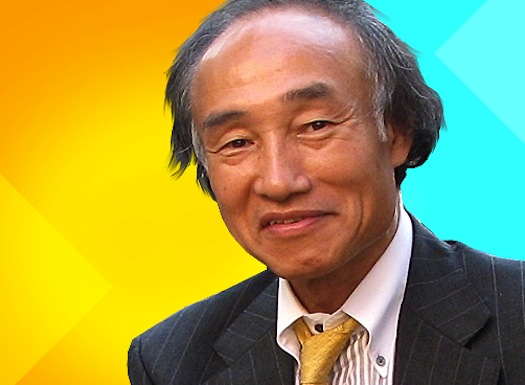Toshiyuki Sato Special Controller of the Japan Broadcasting Corporation NHK, discussed the effect of the internet on journalism at the Radio Asia and Media2020 conference in Beijing.
“There are many ways of defining our jobs, but we are being challenged by the emergence of the internet,” he said.
Looking at the rise of citizen journalism, he cited the Korean news portal OhMyNews as a platform that uses ‘netizens’ to produce content.
OnMyNews was admitted to the National Press Club of Korean in 2000, a sign that new journalism has come of age.
The Korean President decided to allow the online news publisher into the Press Club establishment that year, and it signaled online publishers were new players in the media environment. Then came the Huffington Post and other online publications, which are changing the traditional media landscape.
“The old way was that we had a monopoly on information, but because of the emergence of new media we have had to open the press clubs to newcomers. This has brought some changes – such as the end of ‘off the record’ briefings… nothing is off the record now… Now off the record doesn’t work any more.”
The changes have led to decreases in audiences for newspapers and tv news, replaced with a mushrooming of internet media and blogs, according to Sato. Radio has been comparatively stable because it is adapting to audience changes.
There has been a decrease in numbers of broadcaster staff and an increase in amateurs (amateur publishers).
Traditional broadcasters now need to have social media listening teams to monitor social media 24 hours a day for breaking stories. Then they need to check facts of what they see emerging.
The news gthering process has traditionally been:
Clue (tip) -> Verification -> Analysis -> Report -> Reactions -> Follow ups and development of story.
But now that model is has changed, according to Sato.
“Traditional broadcasting companies have difficulty in continuing to pay for investigative teams, while the emergence of independent investigative channels such as Wikileaks is bringing new competition to them.
“A new model seems to be emerging where new media source stories and professional media then work on the information to verify it, for example this is what has happened in the recent Panama Papers story.”
An interesting trend pointed out by Sato is that people who want to see investigative journalism are prepared to pay money for it via donations or subscriptions to websites that produce quality content.

